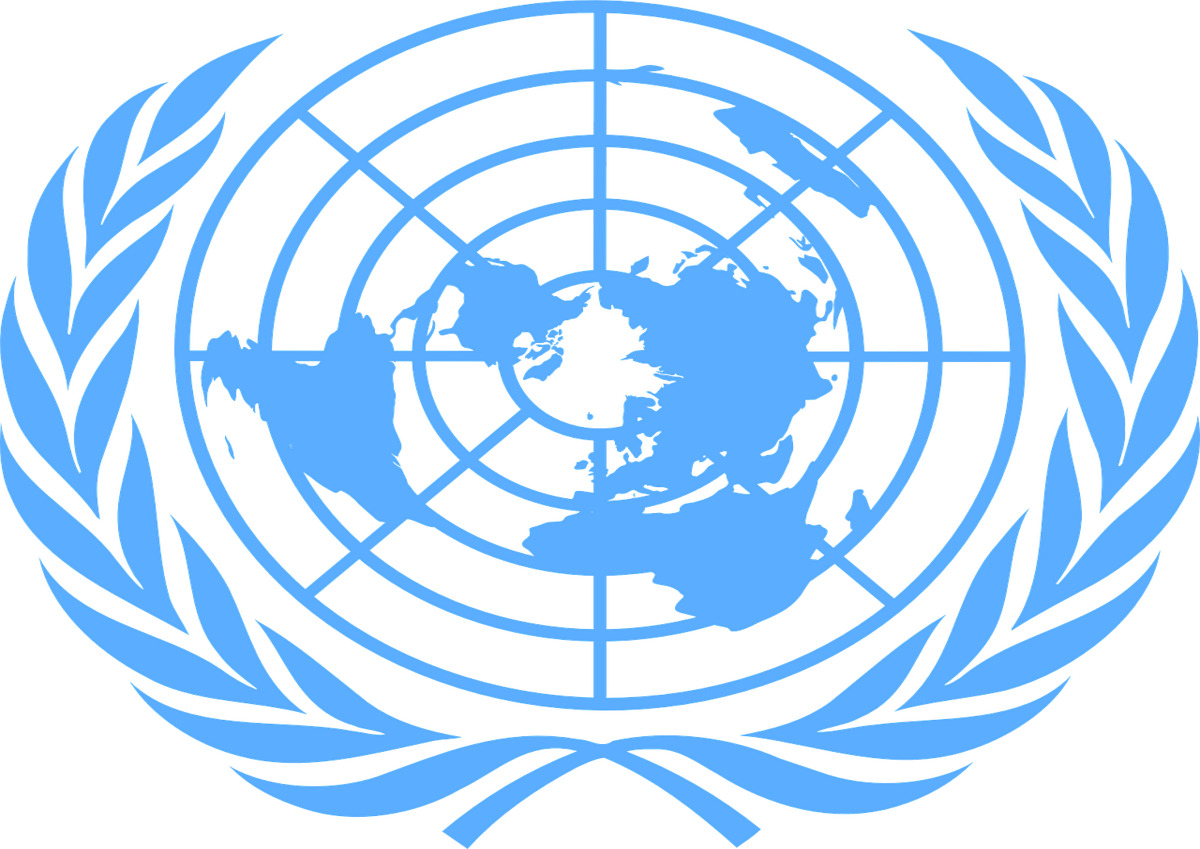The United Nations Internet Governance Forum (IGF) has launched a pilot program to establish decentralized autonomous organizations (DAOs), embarking on a pioneering venture in governance and technology. This effort, released on December 21, 2023, represents a notable step forward in examining the use of blockchain technology within public sector organizations.
This initiative, led by IGF’s Dynamic Coalition for Blockchain Assurance and Standardization, seeks to demonstrate the capabilities of DAOs in fostering transparent, rules-driven governance frameworks. It holds the promise of transforming the operating dynamics of public sector organizations.
The UN leads governance innovation through blockchain.
UN-IGF is pursuing a groundbreaking initiative to leverage blockchain technology to transform governance structures. The Dynamic Alliance on Blockchain Assurance and Standardization (BSA) is leading this effort. The Coalition will also explore the potential of blockchain and DAO principles in strengthening governance, with a strong emphasis on transparency and integrity.
Explore DAOs
Decentralized Autonomous Organizations (DAOs) represent a disruptive organizational model and revolutionize traditional management structures. They function as Internet-based communities governed according to predefined processes. These agreements manage decision-making processes and financial functions without centralized leadership.
Participation relies on governance tokens, which give members the right to vote on proposals ranging from resource allocation to project development. This decentralized approach promotes transparent decision-making and community participation.
DAOs have many advantages. The open source nature improves financial transparency and operational efficiency, fostering collaborative innovation and adaptability. New avenues emerge in crowdfunding, venture capital, and organizational frameworks.
Despite the potential, challenges persist. Its emergence as a legal entity creates uncertainty in its legal framework and regulatory compliance. Risks arise from technical vulnerabilities and potential manipulation threats.
But DAOs have tremendous potential. It offers a glimpse into a future characterized by democratic governance, shared ownership, and community-driven decision-making. As technology and legal frameworks evolve, DAOs can reshape collaboration and organizational structures across sectors.
This initiative aims to leverage blockchain technology to demonstrate its applicability in the public sector and promote collaboration and responsible adoption of new technologies. The Government Blockchain Association (GBA) hosts the Dynamic Coalition and provides ways for stakeholders to contribute to this groundbreaking initiative.
Charting the path toward DAO implementation
The pilot project leverages technology provided by Gosh, an Ethereum Layer 2 solution and GBA member. Multiple GBA working groups, including Application Architecture, Digital Asset Management, DAO Governance, and Legal and Legislative, are actively involved to ensure comprehensive development and implementation.
As a result, the scheme welcomes individuals to participate in the project. The UN IGF BAS-DC Google Group is a platform for engagement and updates where interested parties can participate and monitor progress.
In essence, the UN-IGF’s pilot initiative to establish DAOs represents a monumental leap forward in reshaping public sector governance. By leveraging blockchain technology, the project strives to create a more transparent, efficient, and community-driven governance model.
This move demonstrates the UN’s commitment to innovation and technological advancement and sets a precedent for effectively integrating blockchain into public sector operations. As this initiative progresses, it could herald a new era of governance that emphasizes decentralized blockchain-based systems in public sector functions.
UNHCR: Decentralized ID and ZK proof critical to refugee safety
In related news, the UN’s innovative approach to blockchain adoption extends beyond DAOs. The organization also accepts cryptocurrency wallets to provide financial support to refugees. Zero-knowledge proof (ZK-proof) technology is another important tool to protect the safety of refugees.
Decentralized identity through ZK proof is critical to ensuring the safety of refugees crossing borders, according to Carmen Hett, Treasurer of the Department of Finance and Administration at the Office of the United Nations High Commissioner for Refugees (UNHCR).
Refugees face significant challenges verifying their identity and are often dependent on their home country’s government, complicating their access to essential services and opportunities in host countries.
Hett proposed the ZK proof as a potential solution. This is a cryptographic protocol that is typically incorporated into digital identity systems to prove the truth of a statement without revealing its content.
ZK Proof ensures privacy by providing a means to prove an individual’s identity without revealing the original document to verifiers or other parties. Despite the potential, Hett emphasized strengthening regulatory support to boost adoption.
In December 2022, UNHCR launched a pilot project to deliver USD Coin stablecoins to wallets accessible to Ukrainian refugees affected by the Ukraine-Russia war, facilitating their access to fiat currency, Hett said. .

